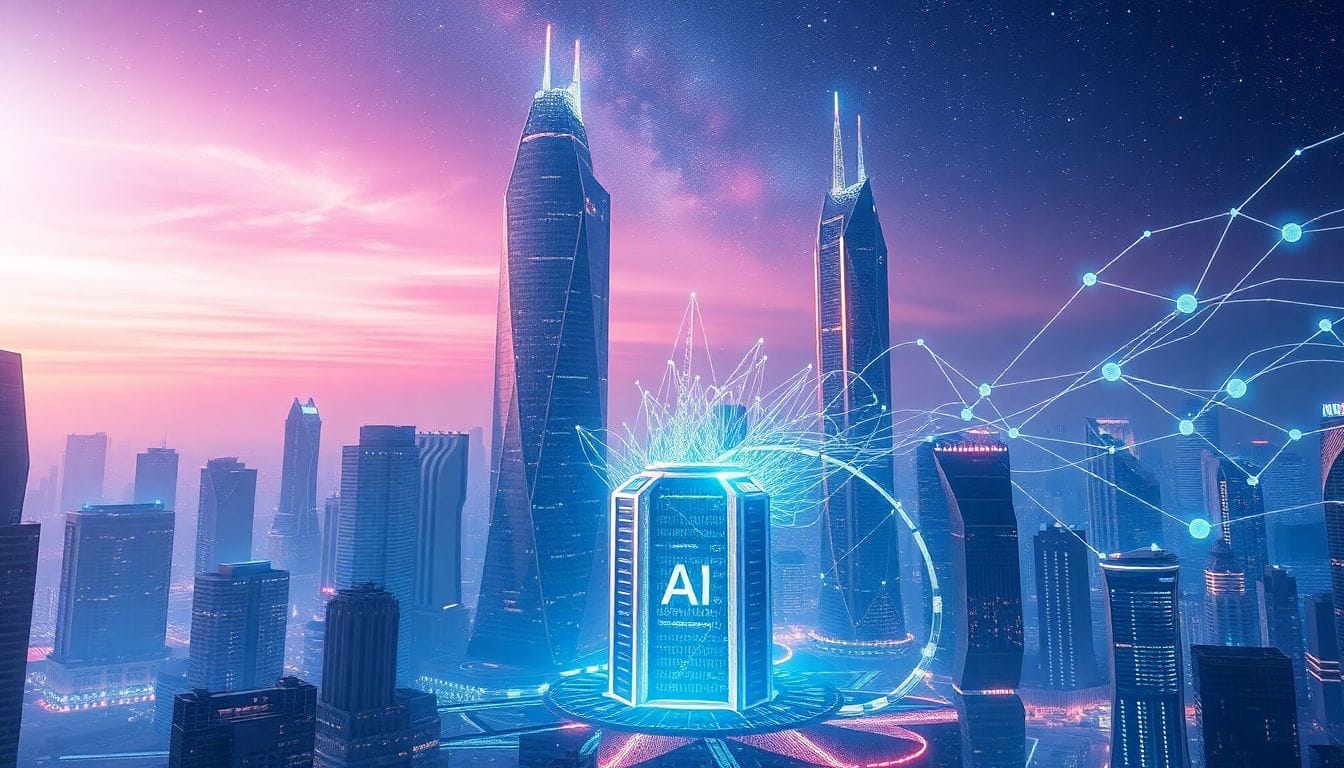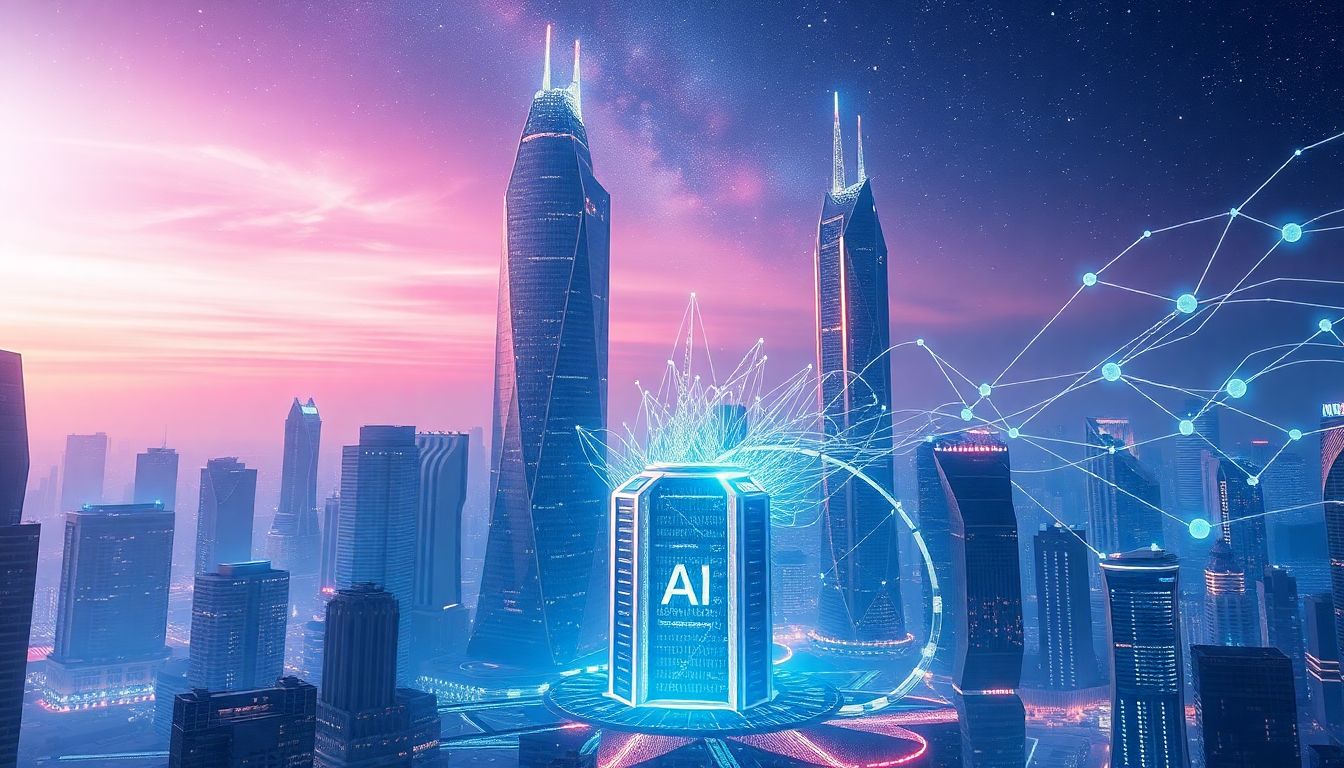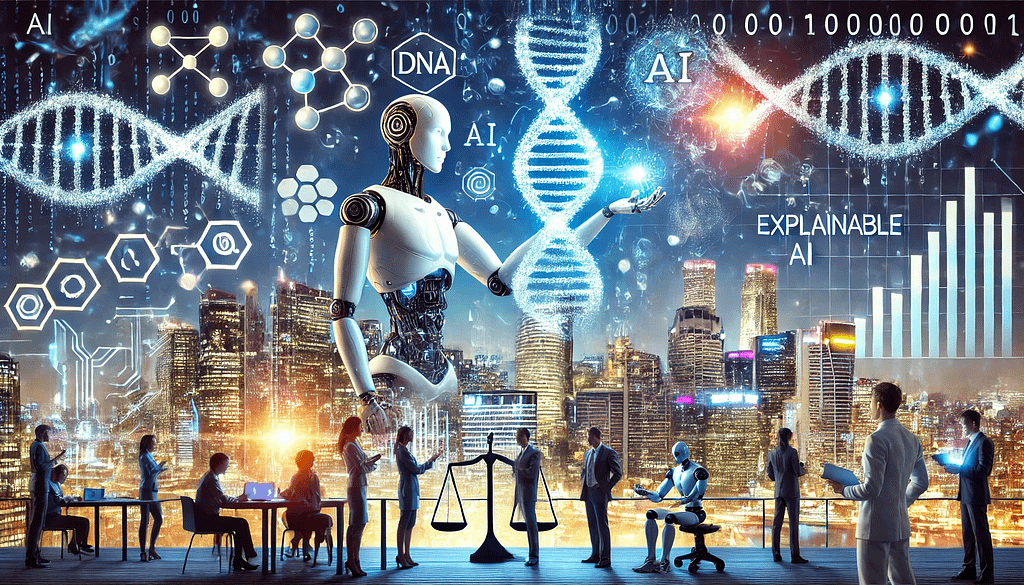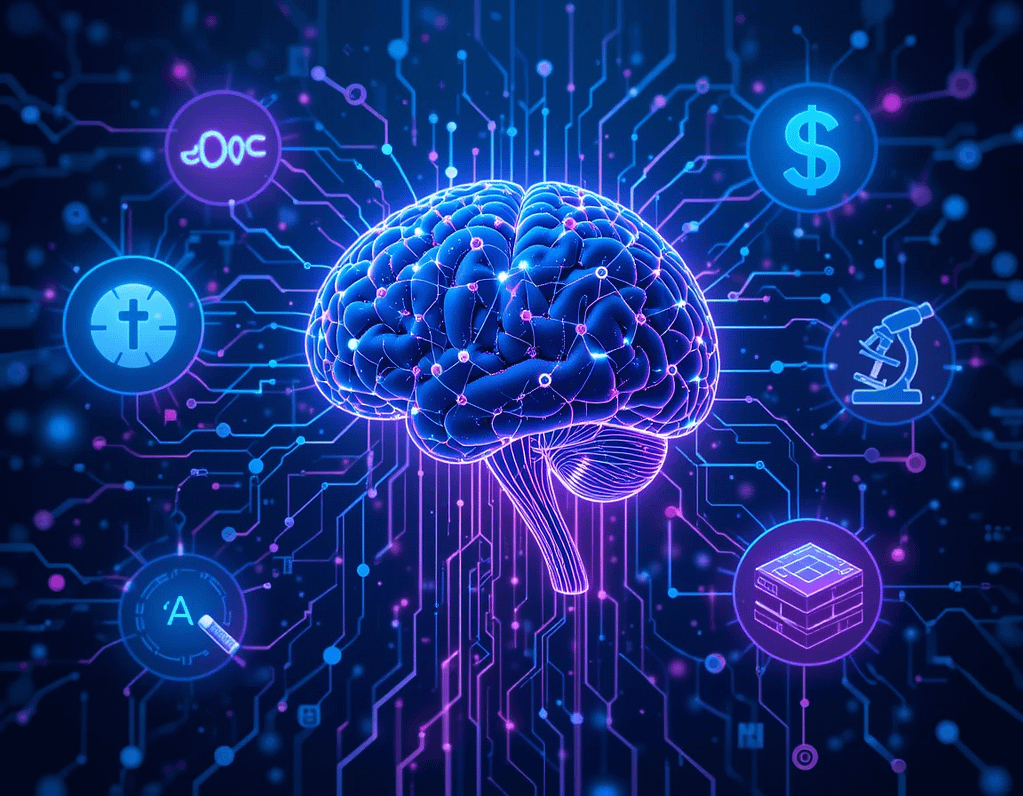
Artificial Intelligence (AI) continues to revolutionize industries and reshape our understanding of technology. From groundbreaking research to ethical debates, the AI landscape is evolving rapidly. In this blog post, we’ll delve into the most significant AI advancements, industry developments, ethical considerations, and expert opinions that are shaping the future of technology.
Major Research Breakthroughs
1. Alibaba Qwen QwQ-32B: Alibaba’s latest AI model, Qwen QwQ-32B, is making waves with its impressive performance. Despite having only 32 billion parameters, it rivals much larger models, showcasing the potential of scaling Reinforcement Learning (RL) on robust foundation models. This breakthrough could lead to more efficient and powerful AI applications across various industries .
2. Deepgram Nova-3 Medical: Deepgram has introduced Nova-3 Medical, an AI speech-to-text model designed specifically for healthcare transcription. This model significantly reduces transcription errors, enhancing the accuracy and efficiency of medical documentation. As healthcare providers increasingly rely on digital records, such advancements are crucial for improving patient care and operational efficiency .
Industry Developments
1. FIS Treasury GPT: Financial technology firm FIS has launched Treasury GPT, an AI-powered tool for treasurers. Developed in collaboration with Microsoft, this tool uses Microsoft Azure OpenAI Service to provide high-quality guidance and support. By automating low-value administrative tasks, Treasury GPT allows treasurers to focus on strategic initiatives, driving growth and innovation within their organizations .
2. Opera Browser-Integrated AI Agent: Opera has taken a significant step in integrating AI into daily browsing activities with its new browser-integrated AI agent. This agent performs tasks directly for users, enhancing their browsing experience. As AI becomes more integrated into our daily lives, such advancements are expected to become the norm, providing users with seamless and efficient digital experiences .
Ethical Debates and Policy Changes
1. EU Ethical AI Compliance: The EU-funded initiative CERTAIN is at the forefront of driving ethical AI compliance in Europe. With regulations like the EU AI Act gaining traction, the focus on ethical considerations in AI development and deployment has never been more critical. Ensuring that AI technologies are developed and used responsibly is essential for building trust and acceptance among users and stakeholders .
2. Autoscience Carl: Autoscience has developed Carl, the first AI system capable of crafting academic research papers that pass rigorous peer-review processes. While this is a significant achievement, it raises important ethical questions about the role of AI in academic settings. As AI continues to advance, it is crucial to consider the implications of AI-generated research on academic integrity and the broader scientific community .
Notable Opinions from Leading AI Experts
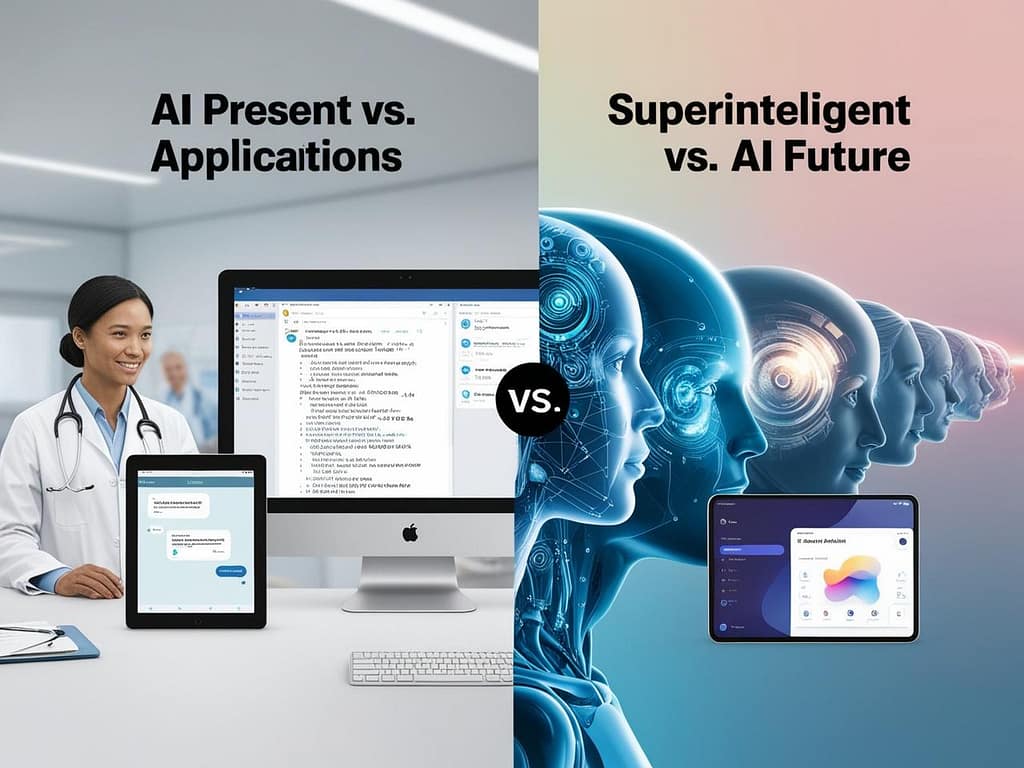
1. SoftBank on Artificial Superintelligence (ASI): SoftBank’s chief has made a bold prediction that Artificial Superintelligence (ASI) will be achieved within the next decade. This prediction highlights the rapid advancements in AI technology and the potential for AI to surpass human intelligence in various domains. As we move closer to this reality, it is essential to consider the ethical, social, and economic implications of ASI .
2. AI and Blockchain Mutuality: A recent study has highlighted the mutual benefits of integrating AI and blockchain technologies. This combination can enhance trust and efficiency in various applications, from financial services to supply chain management. As both technologies continue to evolve, their integration is expected to drive innovation and create new opportunities across industries .
Conclusion
The AI landscape is rapidly evolving, with significant advancements and ethical considerations shaping its future. From groundbreaking research to industry developments and expert opinions, AI continues to revolutionize industries and reshape our understanding of technology. As we move forward, it is crucial to stay informed about the latest trends and developments in AI to leverage its potential fully and responsibly.


